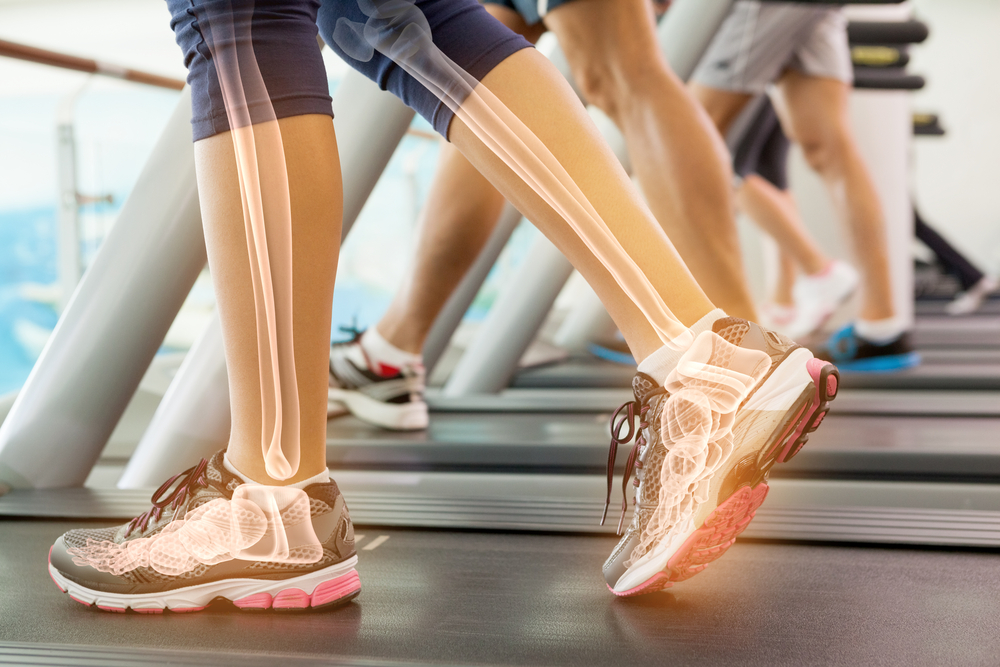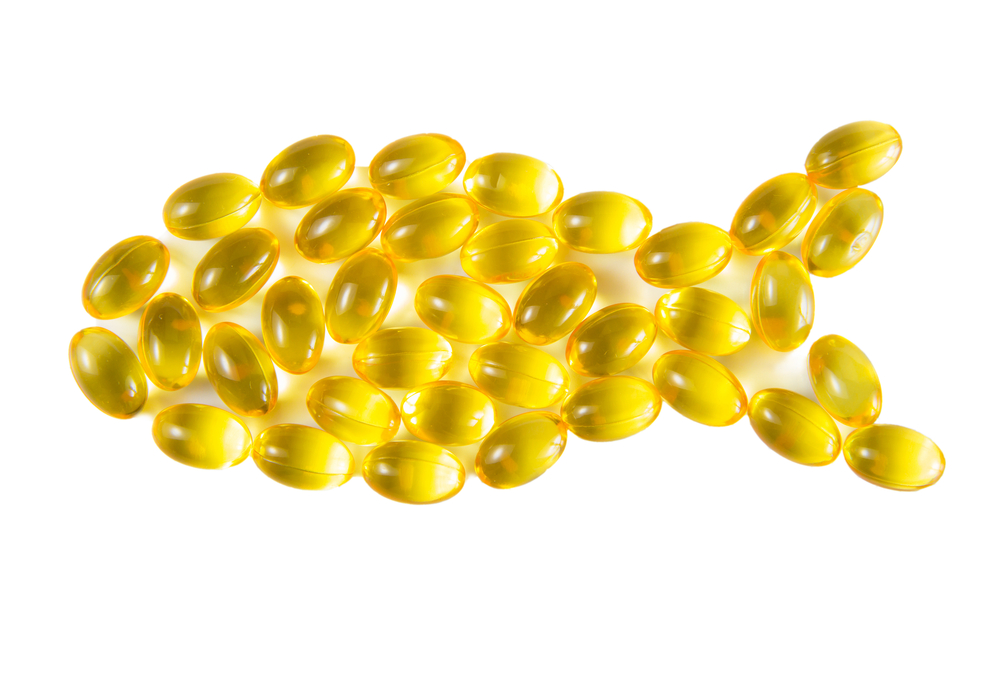Probiotics may support better sleep

We have long-since known about the amazing powers of probiotics and their far-reaching positive effects on overall health. Indeed, research is emerging all the time, especially when it comes to the connection between gut and brain.
However, a new, albeit small study[1] on 40 participants, found a specific strain of the probiotic, Bifidobacterium breve, significantly increased the scores of sleep quality based on the Pittsburgh Sleep Quality Index. The cohort were suffering from stress-induced insomnia, when compared to a control group. Blood and serum samples confirmed a reduction in the stress hormone, cortisol, thought to be having the effect.
Science already understands the inextricable link between the gut and brain (the HPA axis) and its ability to modulate overall inflammation, the system involved with our ‘’happy hormone’ serotonin, and the composition of gut microbiota. However, this study also found a link between an increase in the isoflavone daidzein which seems to positively influence stress and sleep, triggered by intake of the probiotic strain.
Bifidobacterium breve is one of several probiotic strains hailed as psychobiotic, such is their importance in brain health. The good news is that research is continuing at a pace with more randomised controlled trials in progress.
Protein supplementation may improve muscle atrophy post-surgery

Protein provides the main structure to the body and is therefore key in the building and repair of muscle. However, a new review study[2] has found that protein supplementation in the post-operative period after surgery resulted in patients achieving better muscle function overall and quicker achievement of rehabilitation markers. Importantly, muscle atrophy was reduced.
One of the biggest difficulties post-surgery is muscle atrophy (muscle loss) which affects quality of life and future mobility. It can be a real challenge to overcome and may lead to pain, muscle weakness, decreased range of motion and increased risk of injury.
The review studied 14 randomised controlled trials, involving 611 men and women participants. Typically, whey protein supplementation of 20-30 grams per day was used. Whey protein is commonly used in protein supplementation because it contains all nine essential amino acids that make up proteins.
Whilst other rehabilitation practices are generally used, including physiotherapy, after orthopaedic surgery, the researchers noted the positive effects of protein supplementation too.
Omega-3 supplementation found to improve depressive symptoms

A recent review of meta-analyses[3] investigating the effects of the long-chain fatty acids, omega-3s, on depressive symptoms, found a significantly positive effect: this included participants with major depressive disorders. Interestingly, whilst docosahexaenoic acid (DHA) has greater prominence in the brain, the long chain fatty acid eicosapentaenoic acid (EPA) had a more positive effect in the studies. Supplement dosages ranged from 0.09-3.4 g of DHA and 0.009-6.2 g of EPA, the lower end generally being much lower than average supplement dosages.
Omega-3 fats have been proven to influence the activity and structure of the brain, hence the potential for therapeutic benefit when supplemented. Interestingly, in these analyses, benefits were more pronounced in those with major depressive symptoms than ‘normal’ depressive symptoms.
[1] Yuming Lan et al. Bifidobacterium breve CCFM1025 improves sleep quality via regulating the activity of the HPA axis: A randomised clinical trial. Nutrients 2023. 15(21), 4700
[2] Andrew George et al. Post-operative protein supplementation following orthopaedic surgery: A systematic review. Sports Medicine and Science. Available online 7 September 2023
[3] Clinical impacts of omega-3 fatty acids supplementation on depression symptoms: An umbrella review of meta-analyses. Published online by Cambridge University Press. 27 October 2023























Add comment